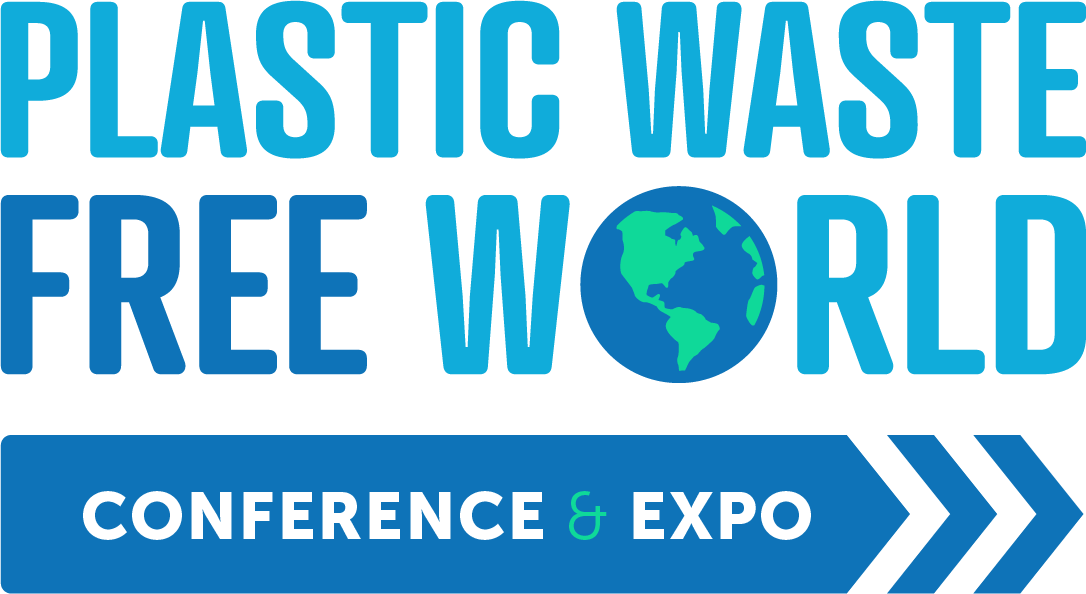The DIBICHAIN - A Blockchain Solution for Digital Mappings of Product Cycles
10 Nov 2022
Increasing Sustainability in Manufacturing Sectors 2022
Authors: Hänel, F; Voca, K; Kruschwitz, J; Lee, D; Steinmetz, F; Pukies, G; Schäfer, B; Dos Santos, M Goal: Resource efficiency in supply chains can only be achieved if details on the product’s origin, composition and production process are known. On the other hand, actors in the supply chain are often not willing to expose their identity or manufacturing details. DIBICHAIN aims to map material and product life cycles using distributed ledger technology (DLT) to facilitate circular economy. It supports transparency in supply chains while protecting confidential information of supply chain participants. The aircraft component “Bionic Partition” served as an exemplary use case to identify the most relevant categories of needed product information. Within this study we therefore strive to evaluate the technical feasibility of DIBICHAIN by developing a software demonstrator. Methodology: Interviews with stakeholders were carried out to identify the most relevant categories of product information necessary to support resource efficiency. Furthermore, stakeholders were consulted to create possible business models which would increase the motivation to share relevant data with other supply chain entities. Current DLT concepts (e.g. public, private or federated blockchains) were validated in terms of their capabilities to support anonymous transfer of data in a supply chain. The DLT concept in combination with the results from the stakeholders’ interviews were considered in an architecture concept for the software demonstrator. The concept was published in a working paper that served as the basis for the development of the software demonstrator. The demonstrator was used to validate the feasibility of a DLT-implementation in the supply chain context using the example of life cycle assessment data of the Bionic Partition. Results and Discussion: Stakeholder interviews showed that the product carbon footprint (PCF), material composition, and recyclability information are the most relevant product information to increase resource efficiency. Moreover, stakeholders indicated that direct trade relations between companies must not be shared with other actors of the supply chain. Hence, the DIBICHAIN concept must allow for a high degree of privacy while still maintaining the option to receive reliable product data. Therefore, a private blockchain was selected in combination with software modules handling the anonymization process. Based on this, DIBICHAIN allows actors of the supply chain to search for product identifiers (ID) on the blockchain and retrieve basic product information such as the PCF without knowing manufacturer details. Upon request via the product ID, the manufacturer can provide further product details such as life cycle assessment reports or dismantling information for recycling. If combined with a marketplace model at this step, DIBICHAIN fosters the interest of supply chain participants to collect and provide information about a product’s environmental impact. At the same time, interested parties are empowered to compare and evaluate products and their impacts based on reliable information. DIBICHAIN demonstrates how DLT-infrastructure can be implemented to promote circular economy and ecological product development by enhancing coopetition and transparency while maintaining confidentiality where needed.






